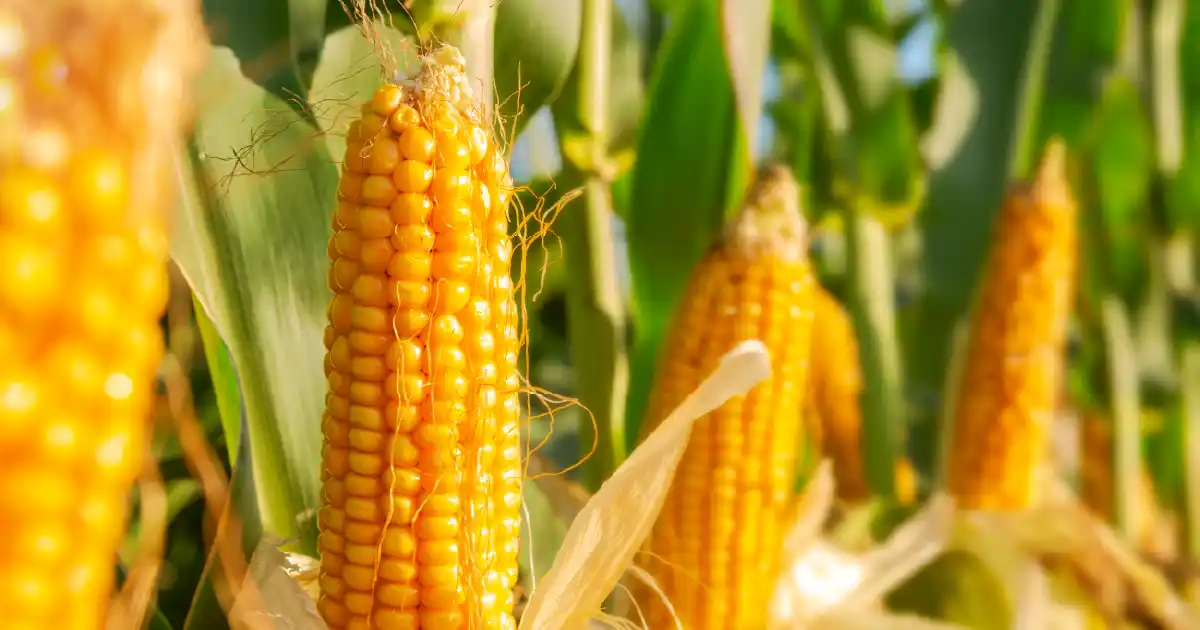
For those into agriculture and farming the recent times have been harsh and challenging to secure chemical fertilizer. No wonder, gradually the farming community is shifting to dependence on organic fertilizer, whose industry has not been fully standardized posing the risk of people using unknown substances – a call for Malawi Bureau of Standards as being discussed by Tamanda Matebule.
With the buying power for ordinary Malawians diminishing … Malawi’s agricultural sector has found itself at the crossroads. The overdependence of chemical fertilizers can no longer hold.
In turn; the shift to organic fertilizers as an alternative is being real.
With chemical fertilizer prices hitting at unimaginable MK130 000.00 per 50KG bag in the 2024/25 growing season; organic fertilisers have truly come as the modern day messiah – no wonder the boom in companies producing organic fertiliser proclaiming to substitute chemical fertiliser.
Riding on its trademark for efficiency chemical fertlizer has not only been trusted for generations rather in times of economic meltdown like the prevailing one; its scarcity has been a headache for government, stakeholders and farmers themselves.
With expert-insights of Malawi’s soil fertility projecting a downward sparrow from failure to adopting soil fertility management practices chemical fertiliser has not helped matters; rather further raising fears of worsening yield in the long term.
Yet at this cross-roads; if the popularisation of organic fertilizer over chemical fertilizer is anything to go by; then Malawi’s agricultural landscape seems to have come to transform.
Of course not only towards a worthy creative nation rather also towards an industrialised nation.
However, there’s a danger and risk to manage, for; most of the organic fertiliser on the market is neither being tested nor certified.
Plainly speaking; as at 2024/25 farming season, there’re have not been fully-grown standards or guidelines to regulate production of organic fertiliser – just some piece-mill guidelines living every manufacturer playing the game his own way.
This; an agriculture entrepreneur, Felix Jumbe thinks this is dangerous. He calls for Malawi Bureau of Standards to quickly step-in and regulate the organic fertiliser space.
“Ordinarily, chemical fertiliser needed to be good, however, its high mineral levels have been known to damage roots. The long-term chemical use have also been known to alter the PH balance of soil and lead to toxic build-up of certain nutrients,” he points to this danger.
In comparison to organic fertilizer on the other hand, an agriculture expert, Leonard Chimwaza recommends this paradigm shift observing orgainic fertilizer helps in among others balancing the soil ecosystem and boosting plant health naturally.
Commenting on the concerns and observations, Fred Sikwese, director of standards development for the Malawi Bureau of Standards partly agrees; he says, instead the starting-point is there as the bureau is developing standards.
This, he says, is for benchmarking products of organic fertiliser infiltrating the market. However, he has no figures of how many organic fertiliser producers the bureau has certified.
“Of course; so far we have certified some, but we are still waking with others. And also we have developed a few standards. But still we note there’s plenty room for developing more standards because stakeholders are coming to us now and again given the different types of organic fertiliser they are innovating,” says Sikwese.
In the absence of a fully-blown framework for organic fertiliser, one key stakeholder, Tilitonse Foundation thinks unregulated organic fertilizers can be hazardous to the soil, the environment and the ecosystem, according to Robert White it’s chief executive officer.
“Already most farmers are being duped because most of the organic fertilizer being sold out there is not achieving what is said to be achieving so we need government to step-in and begin to regulate this space,” says White.
On its part; Malawi’s national development planner, National Planning Commission, whilst welcoming this innovation as a solution, but there’s a caution.
For a nation on the move towards industrialisation; Ivy Chauwa, senior development planning specialist thinks the proliferation of organic fertilisers needs strategising and re-positioning.
“If we are to make progress, we need to invest in right things rightly – failing which it would mean we are dreaming big and investing huge wrongly,” she observes.






0 Comments